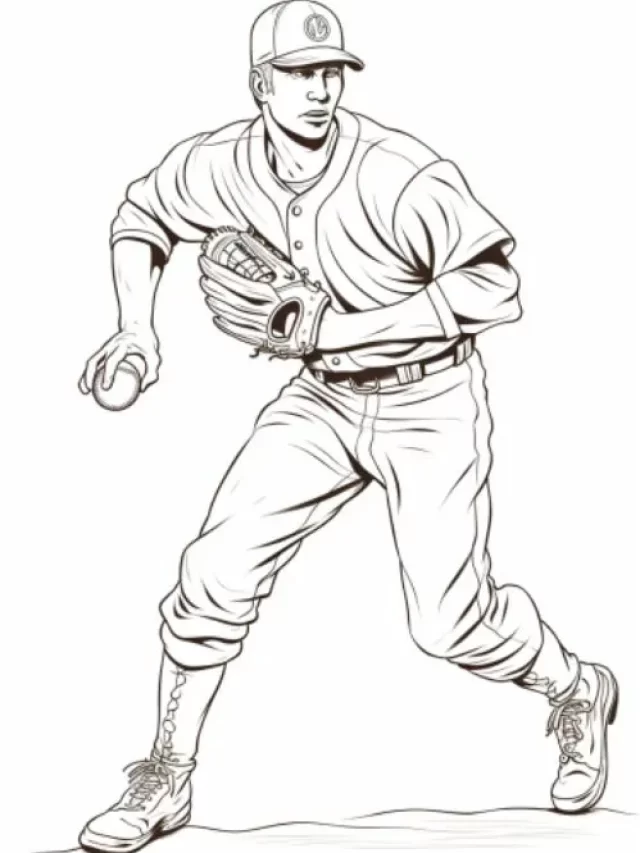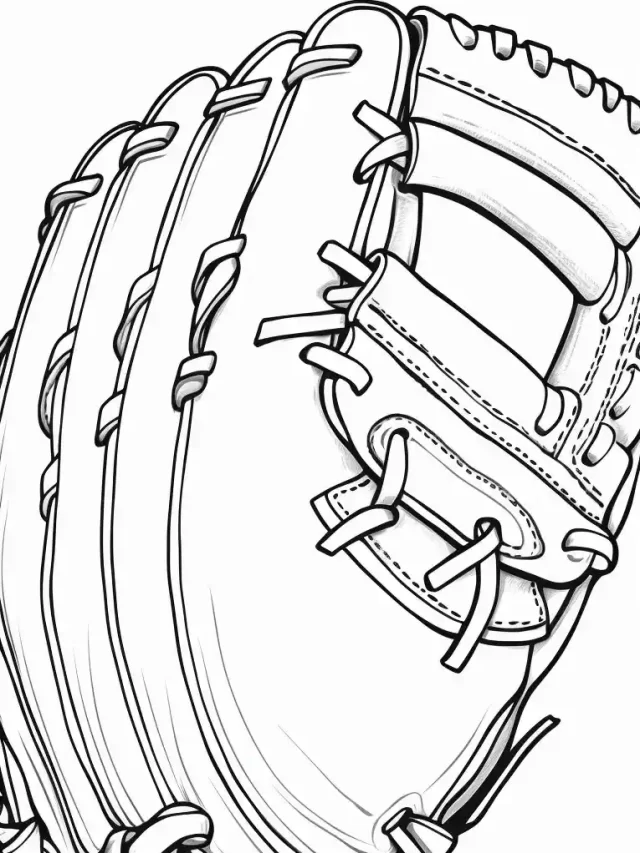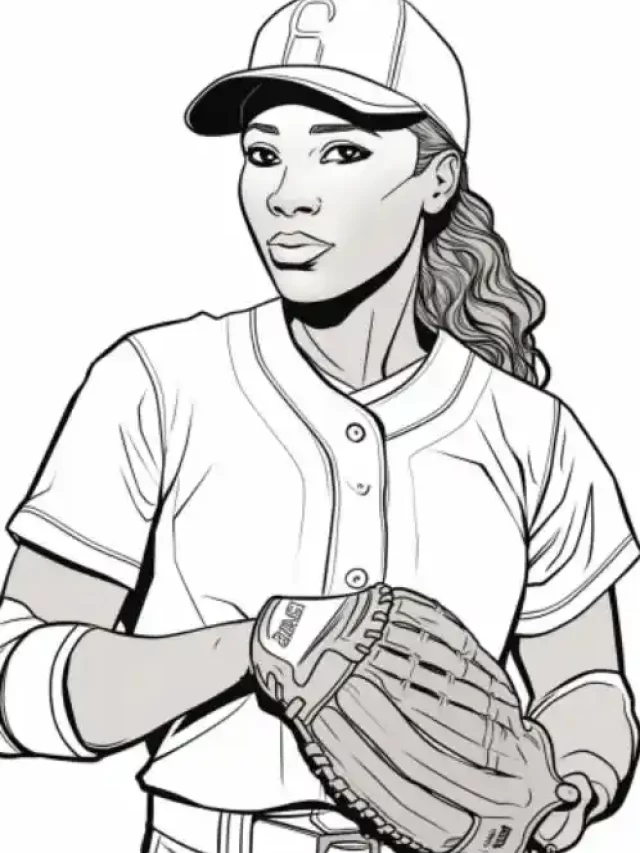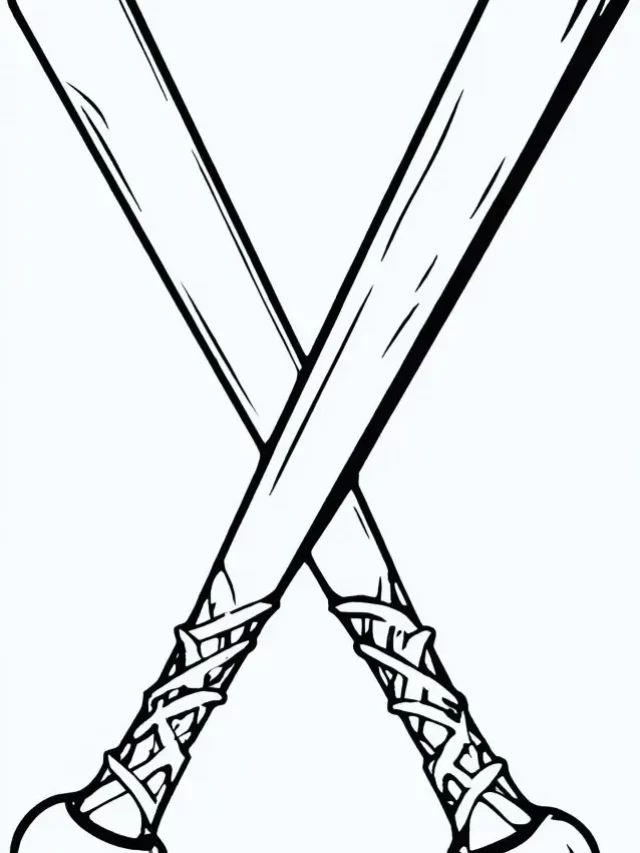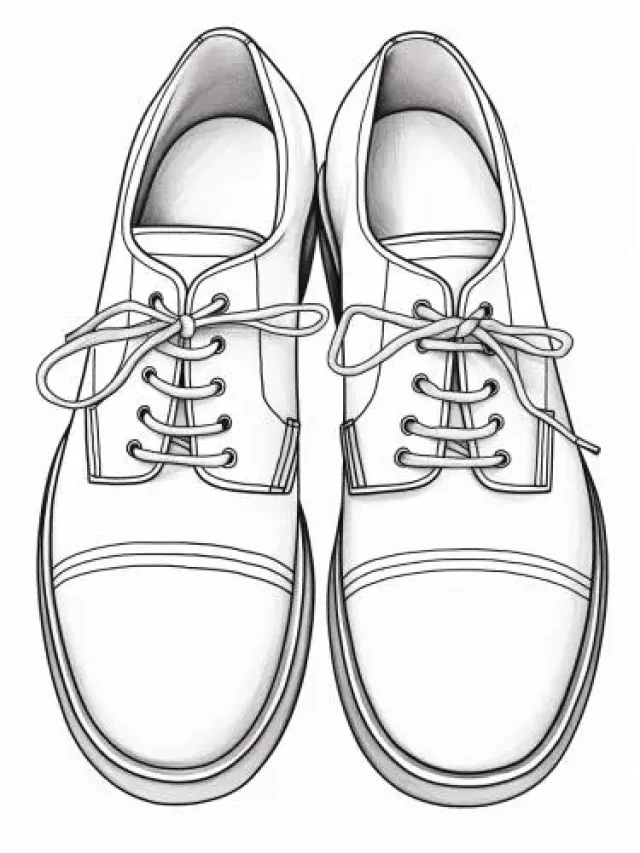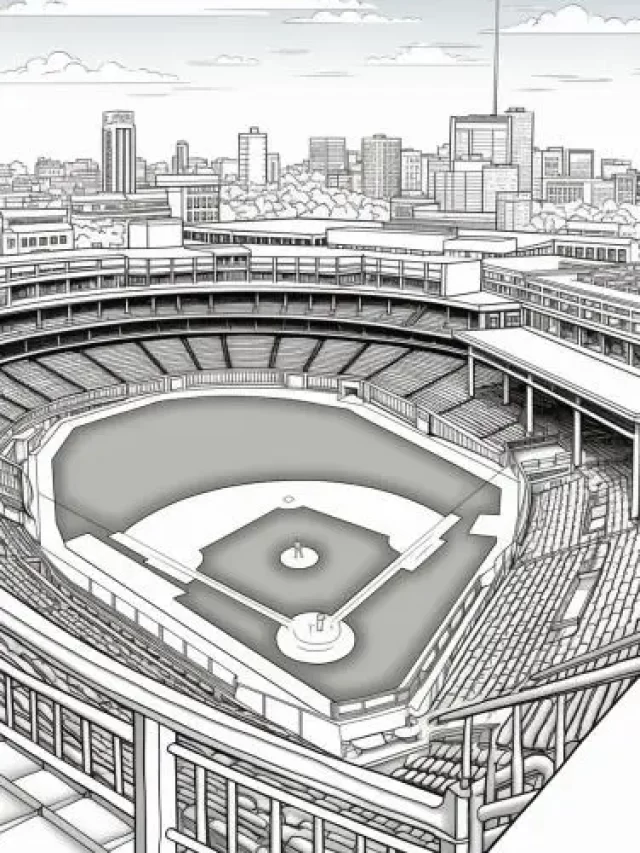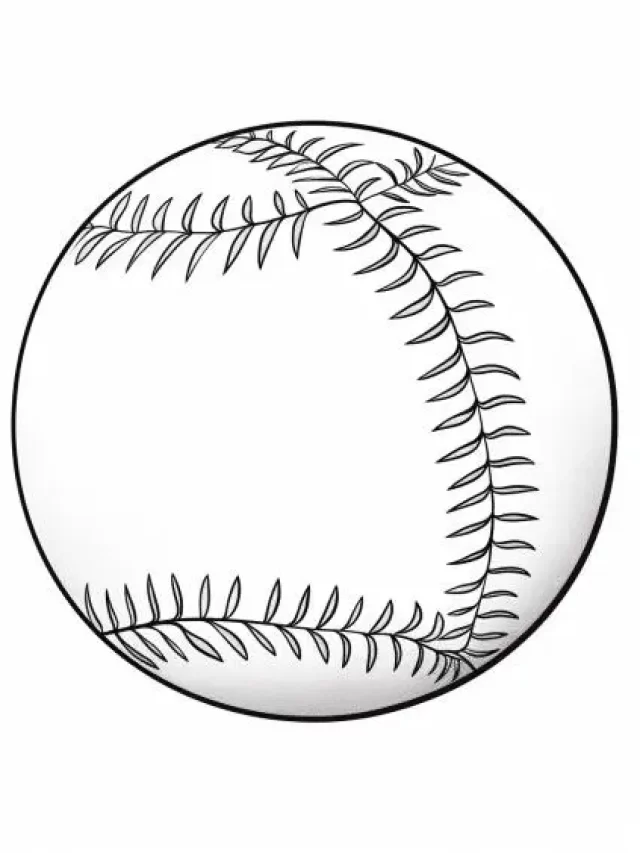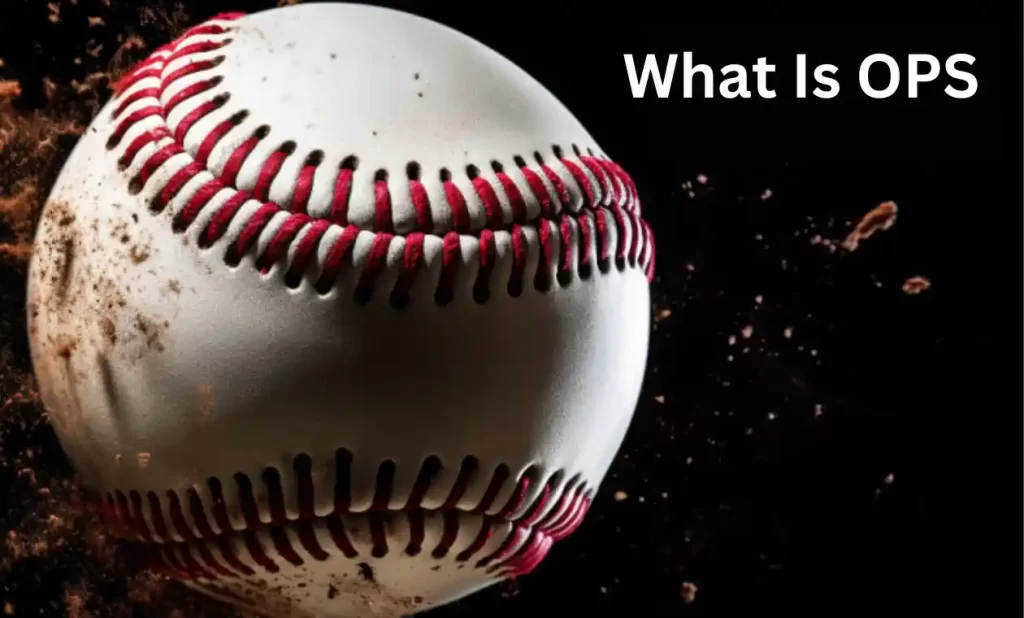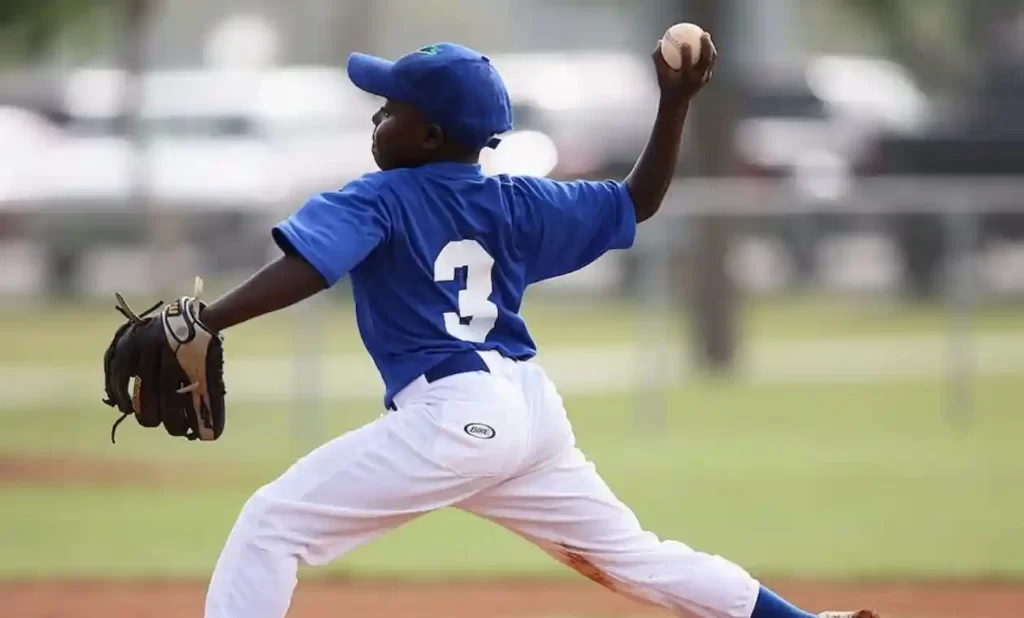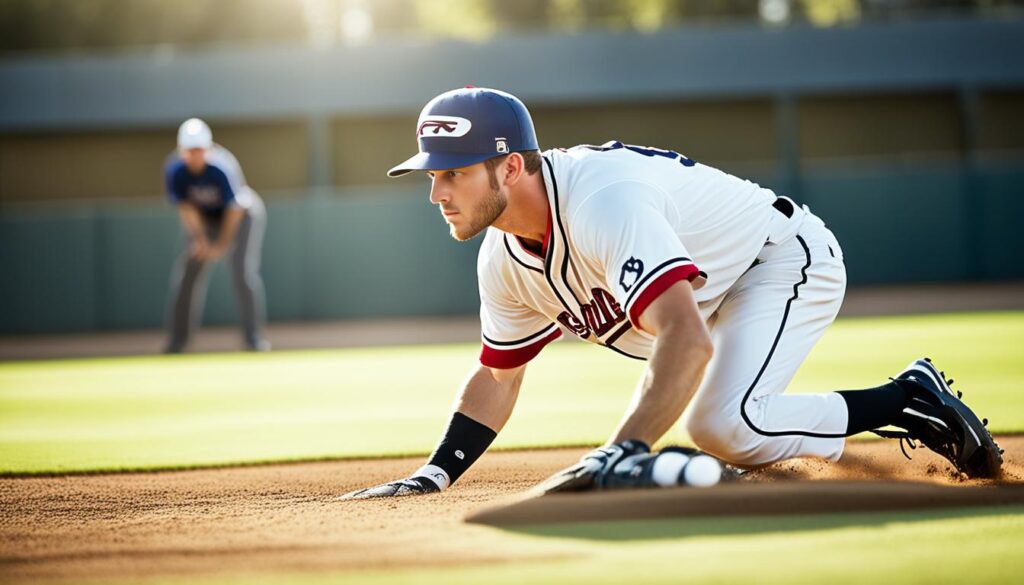
When you think about the most vital positions in baseball, which one comes to mind? The pitcher, perhaps? Or maybe the power-hitting first baseman? It’s time to shift your focus to a position that often goes unnoticed but plays a significant role in the game: the shortstop.
But what makes the shortstop so special? Is it just another player on the field, or is there more to their role than meets the eye? And why do they hold a crucial place in the lineup? Let’s explore the world of the shortstop, its history, responsibilities, and essential skills to uncover the truth about this unsung hero.
Key Takeaways:
- The shortstop position is a crucial defensive role in baseball and softball, positioned between second and third base.
- Modern shortstops are known for their defensive prowess and batting skills, often occupying a top spot in the lineup.
- Shortstops are responsible for fielding a large number of hit balls, making accurate throws, and protecting the left side of the infield.
- The shortstop position has a rich history, evolving from a fielder relaying throws to becoming an integral part of the infield defense.
- To excel as a shortstop, players must possess skills like exceptional fielding, strong throwing arms, agility, and effective communication.
History of the Shortstop Position
The shortstop position in baseball has a fascinating history. It all began in the mid-19th century when Doc Adams, a player for the Knickerbockers, introduced the concept of the shortstop position. Initially, this position resembled a fourth outfielder, responsible for fielding throws from the outfield and relaying them to the infielders.
However, the role of the shortstop evolved over time. It was Dickey Pearce who revolutionized the position and played it as we know it today. He became the first player recognized for performing the duties of a modern shortstop, demonstrating exceptional defensive skills and versatile play.
Since then, the shortstop position has seen some remarkable players leave their mark on the game. Legendary shortstops like Ozzie Smith, Honus Wagner, and Derek Jeter have dazzled fans with their incredible athleticism, defensive prowess, and clutch performances.
“Playing shortstop is like being the captain of the infield. You have to be quick-thinking, agile, and have great instincts to anticipate plays and make split-second decisions.” – Ozzie Smith
The history of the shortstop position is a testament to its significance and the skills required to excel in this demanding role. Let’s take a closer look at the roles and responsibilities of a shortstop in the next section.
Roles and Responsibilities of a Shortstop
The shortstop plays a vital role in the game of baseball, with several key responsibilities on the field. Their primary duty is to field ground balls and line drives hit to their area, showcasing their exceptional defensive skills and preventing opposing teams from scoring. This requires quick reflexes and impeccable timing to make difficult plays that can change the outcome of the game.
Shortstops also play a crucial role in turning double plays. They cover second base and collaborate with the second baseman to execute seamless plays that result in two outs. This requires excellent communication and coordination with teammates to ensure the efficiency of each play. Additionally, shortstops provide support to the third baseman on bunt plays, making quick decisions to field the ball and make accurate throws.
Another responsibility of the shortstop is relaying throws from the outfield. As outfielders make long throws to the infield, the shortstop positions themselves strategically to receive the ball and relay it to the necessary base, preventing advancing baserunners. Furthermore, shortstops back up the second baseman during steal attempts, ensuring that any passed balls or missed catches are recovered swiftly to maintain control of the play.
Shortstops also have a significant role when it comes to catching pop-ups in the infield. As balls are hit high in the air, shortstops position themselves to make these catches, preventing them from falling and potentially allowing opposing teams to score additional runs. Additionally, shortstops protect the left side of the infield when balls are hit to the outfield, covering the necessary ground to support the third baseman and prevent runners from advancing.
The responsibilities of a shortstop require a unique combination of skills, including exceptional fielding abilities, strong throwing arms, and the ability to communicate effectively with teammates. It is a demanding position that requires quick thinking, agility, and the ability to make split-second decisions to execute plays successfully.
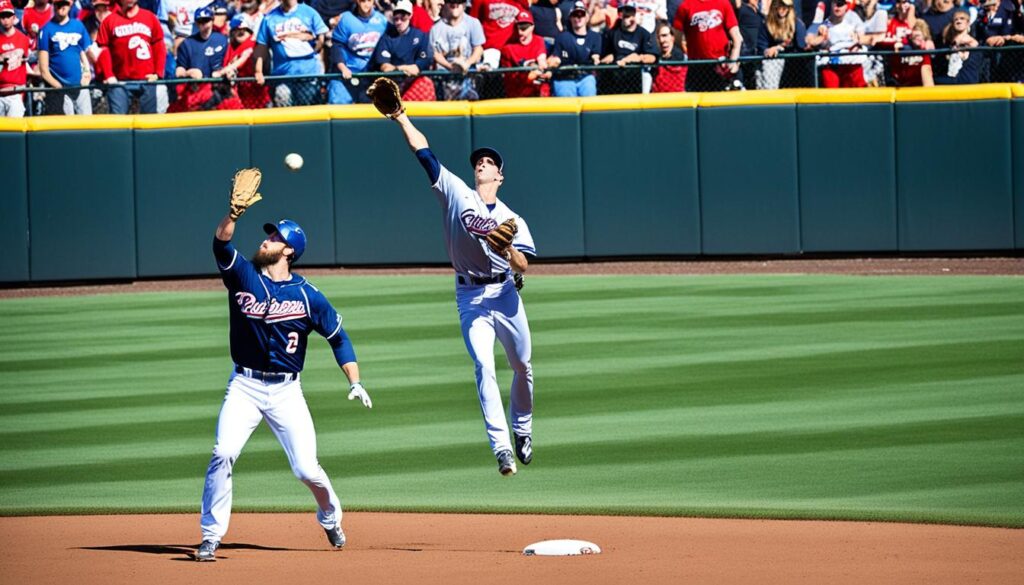
The table below summarizes the key roles and responsibilities of a shortstop:
| Roles | Responsibilities |
|---|---|
| Fielding | Field ground balls and line drives hit to their area |
| Double Plays | Cover second base and collaborate with the second baseman to turn double plays |
| Bunt Support | Provide support to the third baseman on bunt plays |
| Relay Throws | Relay throws from the outfield to the necessary base |
| Steal Attempts | Back up the second baseman during steal attempts |
| Pop-Up Catches | Catch pop-ups in the infield |
| Protect Left Side | Protect the left side of the infield on balls hit to the outfield |
Essential Skills for a Shortstop
To excel as a shortstop, players must possess a combination of specific skills that allow them to be effective in this crucial position. The role of a shortstop requires a diverse range of abilities, including fielding, throwing, communication, and agility. Let’s take a closer look at each of these essential skills:
1. Fielding
Fielding is perhaps the most critical skill for a shortstop. It involves the ability to react quickly, maintain excellent hand-eye coordination, and anticipate the trajectory of the ball. As shortstops often field ground balls and line drives hit to their area, honing their fielding skills is crucial for making accurate and precise plays.
2. Throwing
A strong and accurate throwing arm is essential for shortstops. They must be able to make long, challenging throws to first base or across the diamond for double plays. Their ability to accurately deliver the ball quickly and efficiently is vital in preventing opposing runners from advancing and scoring.
3. Communication
Shortstops play a central role in coordinating with their teammates on the field. Clear and effective communication is necessary to ensure proper positioning, relay information about base runners, and facilitate seamless defensive plays. By effectively communicating with their teammates, shortstops contribute to the overall success of the team.
4. Agility
Agility is another critical skill for shortstops. They need to cover a wide area of the infield, make quick movements, and field hard-hit balls effectively. Shortstops with exceptional agility can reach balls that may be out of reach for other infielders, allowing them to make difficult plays and prevent hits from turning into runners on base.
Developing and refining these essential skills through focused practice and training is vital for shortstops aiming to excel in their position. The combination of fielding, throwing, communication, and agility ensures that shortstops are equipped to handle the demands and challenges of the game.
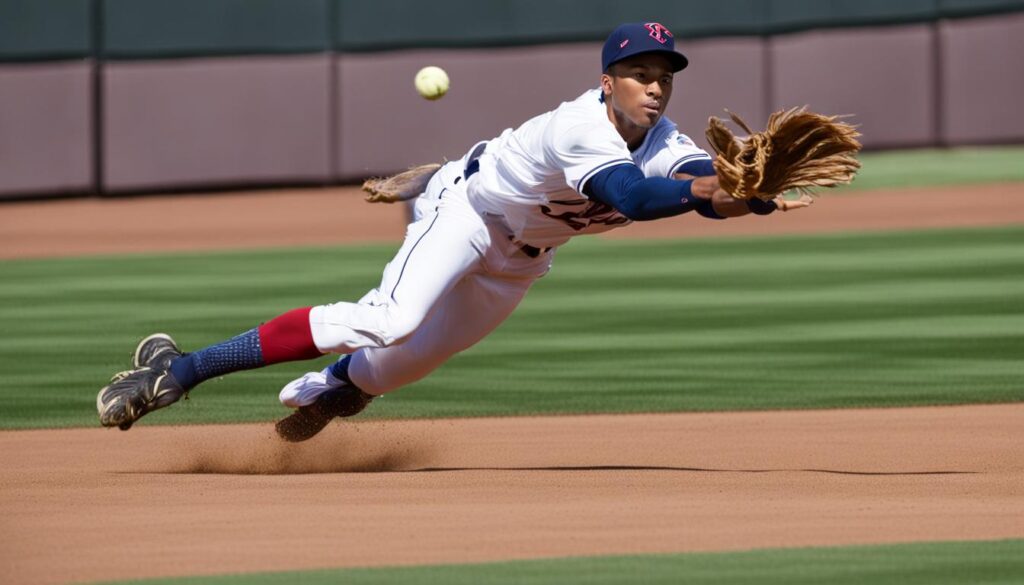
“The shortstop position requires a unique set of skills and abilities. From quick reflexes and accurate throws to effective communication and agility, shortstops must possess a diverse range of talents to excel in their role on the field.”
Tips and Tricks for Playing Shortstop
Playing shortstop requires a combination of skill, agility, and practice. Here are some tips to help you improve your game and excel in the shortstop position:
Focusing on Fielding
Fielding ground balls from various angles and distances is essential for honing your skill set as a shortstop. Practice fielding drills that simulate game situations, such as charging in on a slow roller or backhanding a hard-hit ball. The more you expose yourself to different scenarios, the better prepared you’ll be during a game.
Developing a Quick Transfer
A quick and efficient transfer from glove to hand can significantly enhance your throwing speed and accuracy. Practice smooth transitions, ensuring you have a firm grip on the ball before making the throw. This seamless transfer will help you make quick, accurate throws when turning a double play or making a tough play on a fast runner.
Improving Footwork
Footwork is crucial for a shortstop, as it allows you to cover a wide range and react quickly to balls hit in your direction. Work on your footwork drills, focusing on proper positioning, quick lateral movements, and shuffle steps when fielding ground balls. Strong footwork will enable you to reach more balls and make plays more effectively.
Building Communication and Rapport
Communication is key in team sports, and as a shortstop, it’s essential to communicate with your teammates. Develop a strong rapport with the second baseman, ensuring seamless coordination on double plays and covering the bag. Communication extends beyond the infield; be vocal and provide support to outfielders on cutoffs and relays. Clear and concise communication will enhance your on-field coordination and prevent potential errors.
Consistent Practice and Dedication
Consistent practice is the foundation for mastering any position in baseball, including shortstop. Regularly dedicate time to fielding drills, footwork exercises, and throwing accuracy. Focus on improving one aspect of your game at a time, gradually building your skills and confidence. Remember, dedication and perseverance are vital to becoming a skilled and reliable shortstop.
With these tips and regular practice, you’ll be well on your way to mastering the role of a shortstop and making impactful plays on the field.
Notable Shortstops in Baseball History
Several legendary shortstops have made a significant impact on the game of baseball throughout history. These Hall of Fame shortstops have not only excelled in their defensive duties but also left their mark as exceptional hitters. Aspiring shortstops around the world look up to these famous players as inspirations and role models.
Cal Ripken Jr.
Cal Ripken Jr. is considered one of the greatest shortstops in baseball history. He played his entire career for the Baltimore Orioles and was known for his durability, earning him the nickname “Iron Man.” Ripken Jr. set the record for most consecutive games played, surpassing Lou Gehrig’s longstanding mark. He won two American League MVP Awards and was a 19-time All-Star during his illustrious career.
Ozzie Smith
Ozzie Smith, known as “The Wizard,” was renowned for his exceptional defensive skills and acrobatic plays at shortstop. He won an impressive 13 Gold Glove Awards during his career, showcasing his incredible range and ability to make seemingly impossible plays. Smith’s defensive prowess earned him a spot in the Baseball Hall of Fame.
Honus Wagner
Honus Wagner, a legendary shortstop from the early 1900s, is widely regarded as one of the greatest players of all time. He played his entire career with the Pittsburgh Pirates and was known for his outstanding hitting and exceptional defensive abilities. Wagner won eight batting titles and was one of the first five players inducted into the Baseball Hall of Fame.
Robin Yount
Robin Yount demonstrated incredible versatility during his career, playing both shortstop and center field for the Milwaukee Brewers. He won two American League MVP Awards and is one of only two players in MLB history to collect 3,000 hits before his 30th birthday. Yount’s combination of offensive prowess and defensive skills solidified his place among the all-time great shortstops.
Derek Jeter
Derek Jeter, known as “The Captain,” played his entire career with the New York Yankees and is regarded as one of the greatest shortstops of his generation. He was known for his clutch performances and leadership on and off the field. Jeter won five World Series championships with the Yankees and was a 14-time All-Star. His consistent hitting and remarkable defensive skills earned him a place in the Baseball Hall of Fame.
| Hall of Fame Shortstops |
|---|
| Cal Ripken Jr. |
| Ozzie Smith |
| Honus Wagner |
| Robin Yount |
| Derek Jeter |
Shortstop Statistics and Records
Shortstops have etched their names in baseball history by setting numerous records and achieving notable statistics. These achievements highlight the impact and importance of the shortstop position in the game. Let’s take a look at some of the impressive records and accomplishments made by shortstops throughout the years.
Double Plays Turned
One of the remarkable records held by shortstops is the number of double plays turned in a season. This statistic showcases their ability to quickly field the ball and execute precise throws to complete two outs in a single play. Shortstops like Ozzie Smith, Cal Ripken Jr., and Omar Vizquel have demonstrated exceptional skill in turning double plays.
Putouts Made
Shortstops also excel in making putouts, which refers to recording an out by catching a batted ball or tagging a runner. By taking charge of balls hit in their vicinity, shortstops contribute significantly to their team’s defensive success. Their agility and quick reflexes allow them to make crucial outs. Many shortstops have set records for the number of putouts made in a single season.
Gold Glove Awards
Shortstops with exceptional defensive skills have been recognized with multiple Gold Glove Awards. This prestigious honor is awarded annually to the best defensive players in each position. Notable shortstops like Ozzie Smith, Cal Ripken Jr., and Omar Vizquel have consistently demonstrated their prowess in the field, earning them numerous Gold Glove Awards.
| Shortstop | Gold Glove Awards |
|---|---|
| Ozzie Smith | 13 |
| Cal Ripken Jr. | 2 |
| Omar Vizquel | 11 |
These statistical achievements not only highlight the individual excellence of these shortstops but also emphasize the crucial role they play in a team’s overall defensive success. Shortstops are known for their ability to make difficult plays and contribute significantly to their team’s performance.
Next, we’ll explore some tips and tricks to help aspiring shortstops elevate their game and excel in this demanding position.
Conclusion
The role of the shortstop in baseball is critical, requiring exceptional defensive skills, strong throwing arms, and agility. These players are the backbone of any successful team, contributing both on the field and at the plate. From the early pioneers of the position, like Doc Adams and Dickey Pearce, to the legendary shortstops of today, such as Cal Ripken Jr., Ozzie Smith, and Derek Jeter, the shortstop position has continued to evolve and thrive.
To become a skilled shortstop, practice and dedication are key. Fielding ground balls, improving throwing accuracy, and honing agility through specialized drills can help players refine their skills in this demanding position. Communication and coordination with teammates are also essential, as shortstops play a pivotal role in turning double plays and covering the left side of the infield.
Shortstops have left an indelible mark on the game of baseball, not only with their defensive prowess but also with their contributions as hitters. Many legendary shortstops have been inducted into the Baseball Hall of Fame, with their records and achievements standing as a testament to the importance of this position. Whether it’s making a diving catch, executing a perfectly timed throw, or delivering a clutch hit, the shortstop remains an integral part of any successful baseball team.

Meet Daniel Anderson, the heart and soul behind Baseball Pro Picks. At 49, Daniel’s life has revolved around baseball, a passion that’s as strong today as it was when he first fell in love with the game. Living in the USA, Daniel has dedicated countless hours to watching, analyzing, and understanding every pitch, hit, and home run, making almost no game missed. His deep-rooted love for the sport is matched only by his commitment to sharing insightful, expert analysis with fellow baseball enthusiasts. With decades of experience and a keen eye for the game’s nuances, Daniel brings a unique perspective that enriches Baseball Pro Picks. Trust Daniel to guide you through the intricacies of baseball with the authority and trustworthiness of a true aficionado.


